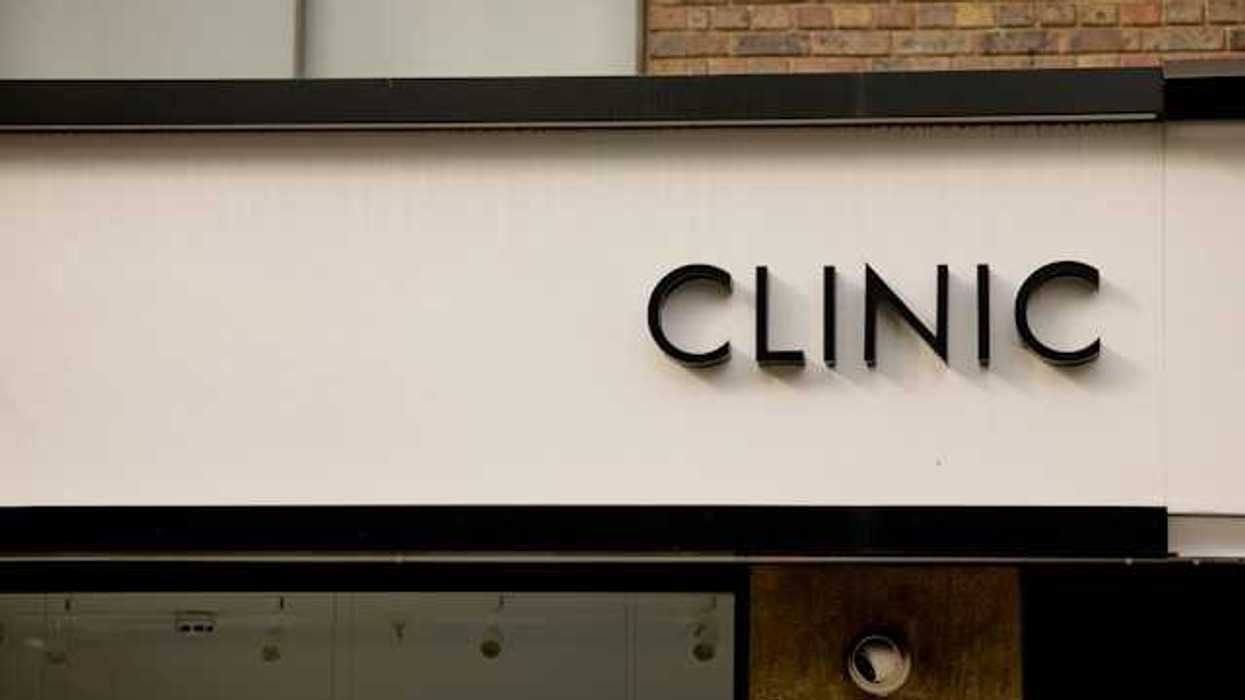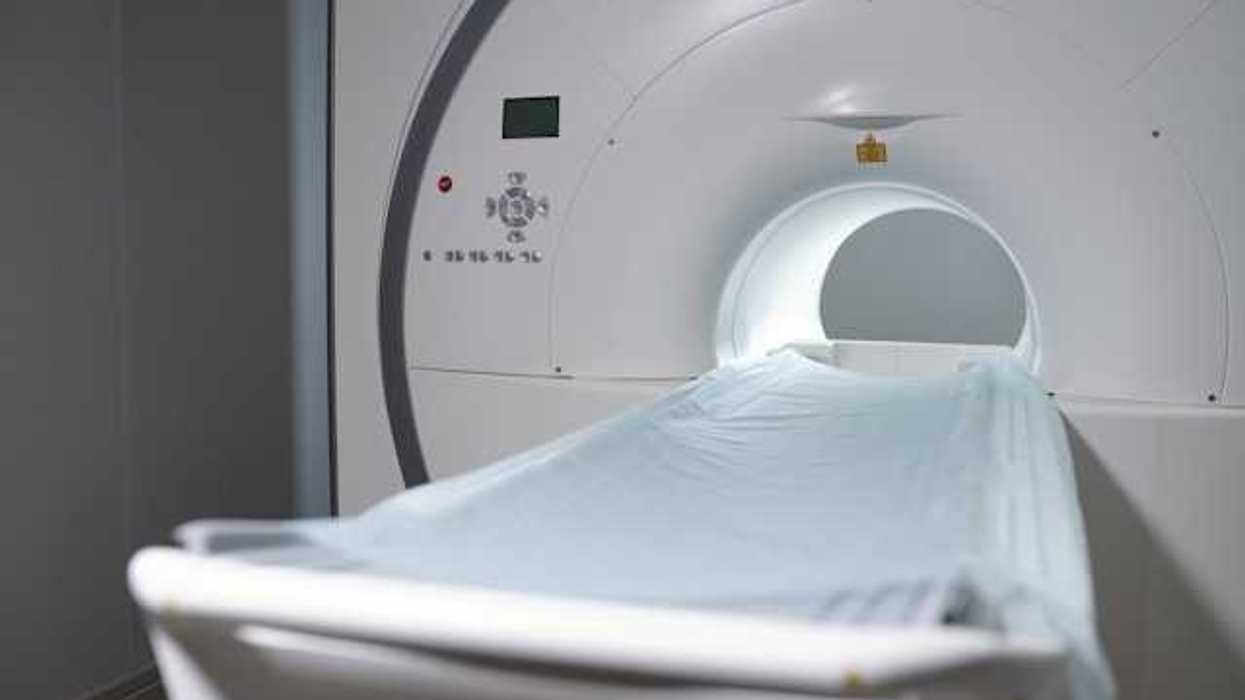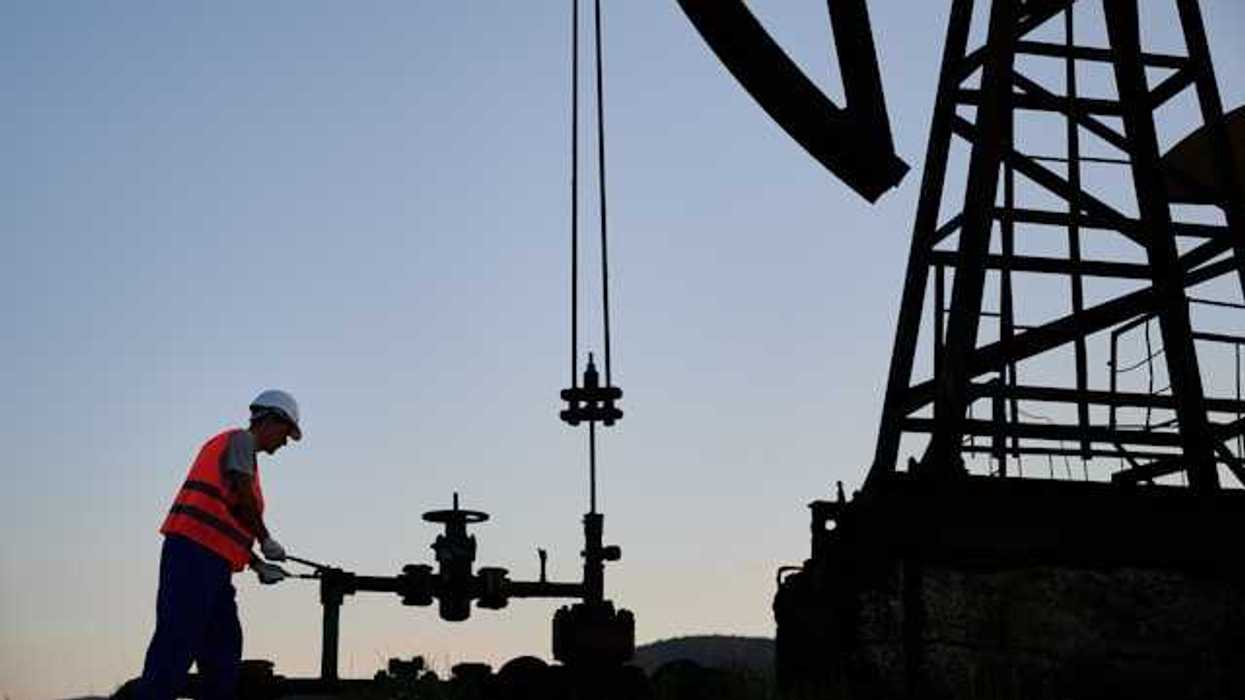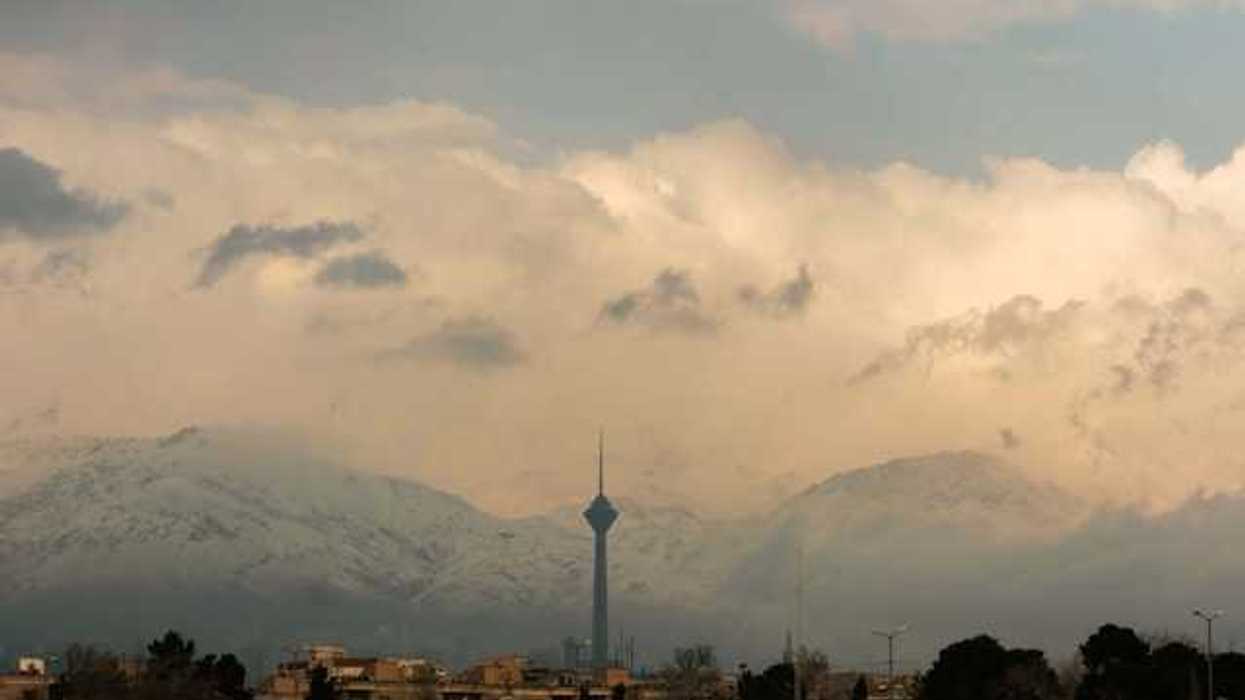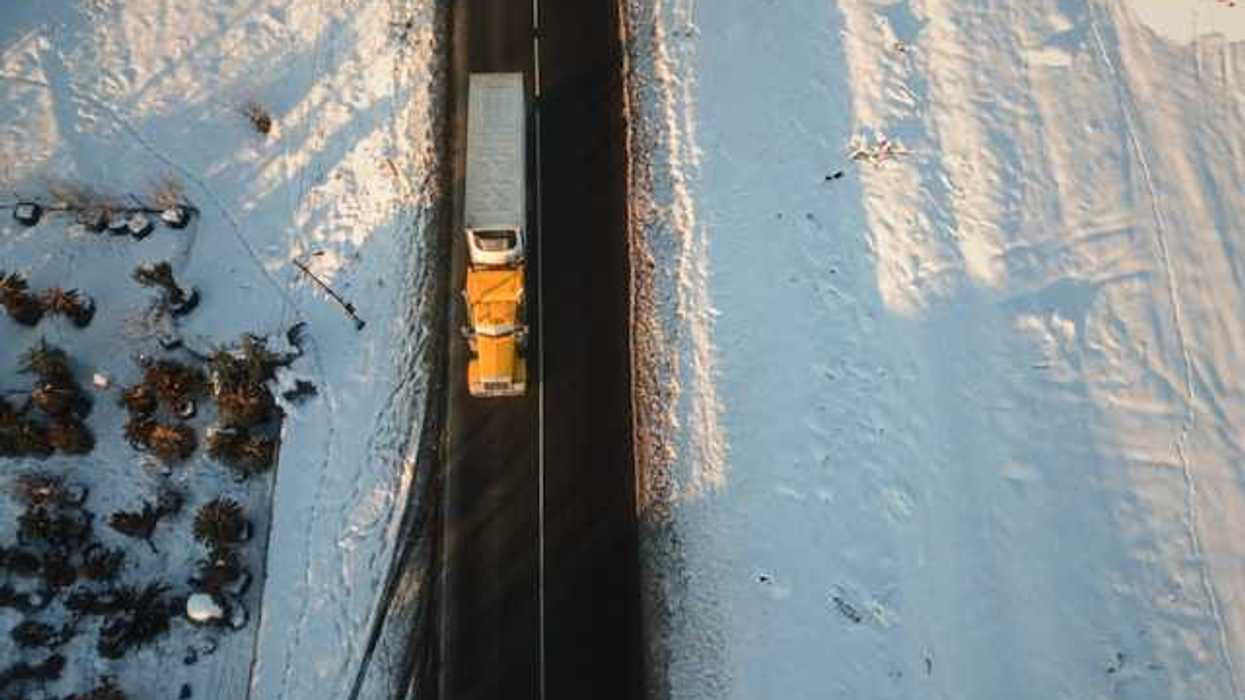New research highlights that longer freight trains are significantly raising derailment risks, despite industry pressure on lawmakers to dismiss safety measures.
Freddy Brewster, Helen Santoro, Lucy Dean Stockton, and Katya Schwenk report for The Lever.
In short:
- A study shows 100-car trains are 11% more likely to derail than shorter trains, with 200-car trains posing even greater risks.
- Lobbying efforts by the railroad industry have stalled safety regulations and legislation, including the Railway Safety Act of 2023.
- Despite the East Palestine, Ohio disaster, industry lobbying has funneled millions into campaign contributions to derail safety measures.
Key quote:
“Even when accounting for the reduction in the number of freight trains operated when the average train is longer, longer freight trains are associated with an increase in the aggregate odds of freight train derailment.”
— Researchers at Georgetown University, Virginia Tech, and Brigham Young University.
Why this matters:
The derailment risks of longer trains threaten public safety and environmental health, highlighting the need for stringent safety regulations despite industry lobbying efforts. Read more: After the eighth catastrophic train derailment in the greater Pittsburgh area in five years, advocates demand better protections.


